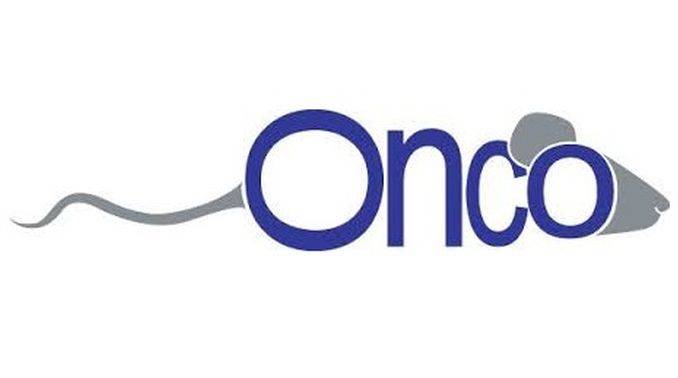This post was first published on 5th September, 2014.
Today we will be discussing a case where the patent grant was rejected by the Canadian Patent Office as higher life forms are patent ineligible subject matter under the Act.
Canada (Commissioner of Patents) (Appellants) vs. President & Fellows of Harvard College (Respondents)
Case: The case was about a patent application filed by the Harvard College for a transgenic mouse. In the transgenic mouse, the genome was genetically altered with the insertion of an oncogene. The oncogene was inserted into fertilized mouse eggs which were then implanted into a female host. The off-springs produced with all of its cells affected by the oncogene were the ‘Founder mice’ and were mated with unaltered mice and the off-springs that were produced with all its cells affected were the ‘Oncomice’ and were useful for carcinogenic studies.
The applicant of the patent tried getting protection for both the process for preparing an oncomouse and the oncomouse itself. The Patent Examiner granted the process claims but rejected the product claims stating that higher forms of life don’t constitute patentable subject matter and that they fall outside the scope of invention under Sec. 2 of the Canadian Patent Act. Later, this decision was upheld by the Commissioner of Patents and the Patent Appeal Board. The Federal Circuit, Trial division, also upheld the same decision but was reversed by the Majority of Federal circuit of appeal directing the Commissioner of Patents to issue the patent. The Circuit pointed out that in this case the benefits both the inventor and the public draw from the invention should be taken into consideration and that it being a non-obvious, new and useful composition of matter fall within the scope of invention under Sec. 2 of the Act. The Commissioner of Patents appealed to the circuit’s decision.
Judgment: Supreme Court upheld the rejection of patent remarking that higher forms of life are not patentable under the Canadian Patents Act. The court made it clear that the term ‘manufacture’ and ‘composition of matter’ in the Patents Act are not broad enough to cover higher life forms such as Oncomouse.
Conclusion: The Harvard case was one of the landmark cases in the history of Canadian Patents law. Though the product claims were rejected in Canada, they were granted in the US citing that the claims excluded humans totally and in Europe based on the utilitarian balancing test.



